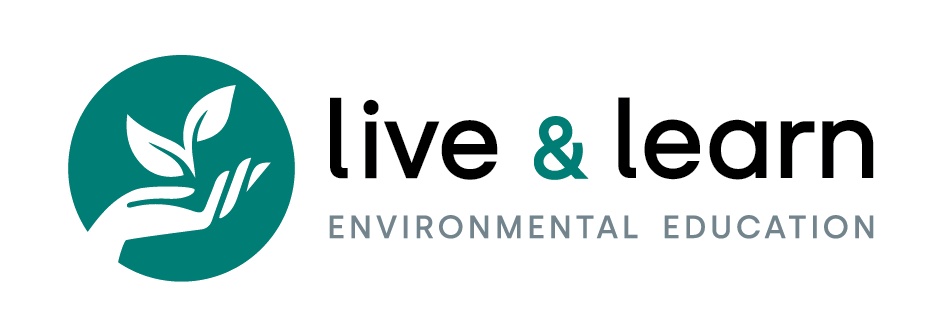
Live & Learn has commenced a new water, sanitation and hygiene program in Guadalcanal Province, Solomon Islands. The project is: “New Times, New Targets: Supporting Solomon Islands government WASH transition and resilient WASH for all.” The project is funded through the Australian government Water for Women Fund – which is a five-year fund working with Civil Society Organisations on innovative ways to improve water, sanitation and hygiene, focusing on women, girls and people with disabilities in the poorest human settlements.
The project is led by Plan International Australia in collaboration with Live & Learn. This partnership includes technical oversight and management in Melbourne, with an implementing team made up of Live & Learn Solomon Islands and Plan International Australia in Solomon Islands staff.
The Solomon Islands are an archipelago of over 900 tropical islands and atolls in the Pacific Ocean. Guadalcanal Province has a population of approximately 93,600 people. The 2016 National Rural WASH Baseline reports improved water access at only 54% and access to improved sanitation at 13%, giving Solomon Islands some of the worst WASH statistics in the world. The Solomon Islands government is guided by the Rural Water Supply, Sanitation and Hygiene (RWASH) Policy 2014, however, not all agencies (including government) involved in delivering rural WASH projects are fully aware of, or implementing rural WASH projects in-line with, the RWASH Policy.
WASH implementation will revolve around risk-based approaches and tools following an ‘assess-plan-act-monitor’ cycle – each contributing to overall WASH Resilience Planning within a targeted area. The key WASH tools and approaches to be used in the project will include: Climate Resilient Water Safety Planning, Community Led Total Sanitation, WASH Facility Improvement Tool, UNICEF’s 3 Star Schools approach, Social marketing approaches to improve hygiene practice and behaviours, Supply strengthening informed by research and Seed funding for infrastructure improvements for clinics, schools and communities.
National and Provincial RWASH transition to sector governance and coordination will be supported through establishment of additional guidelines (e.g. WASH Resilience Planning) and monitoring systems (e.g. water quality) and mentoring in their application. Similarly, the Project will build provincial education authority and school management capacity to budget for WASH in schools through the development and use of tools and guidelines to aid policy implementation (e.g. Bottleneck analysis, Arts for Advocacy).
Training in, and exposure to, community-led risk-based approaches (e.g. CLTS) will provide skills and motivation to households to effectively assess, plan, act and monitor WASH improvements to achieve safe, secure and inclusive WASH. Project trained teachers and health post staff will use bottleneck analysis to increase the priority accorded to WASH in schools and clinics.
The project will mainstream gender and social inclusion elements into all activities to ensure the participation, consultation and/or consideration of all, in parallel with promotion of human rights and social inclusion more directly, the impacts of which will be assessed and monitored through Plan’s Gender WASH Monitoring Tool.

